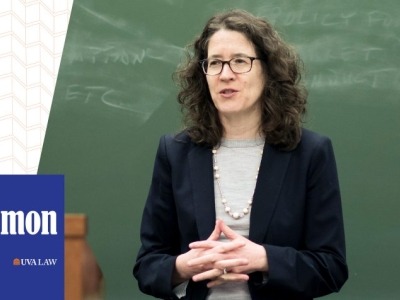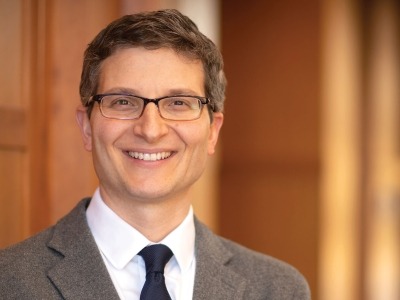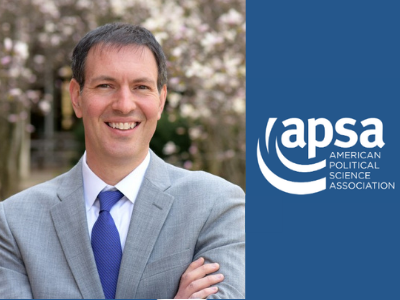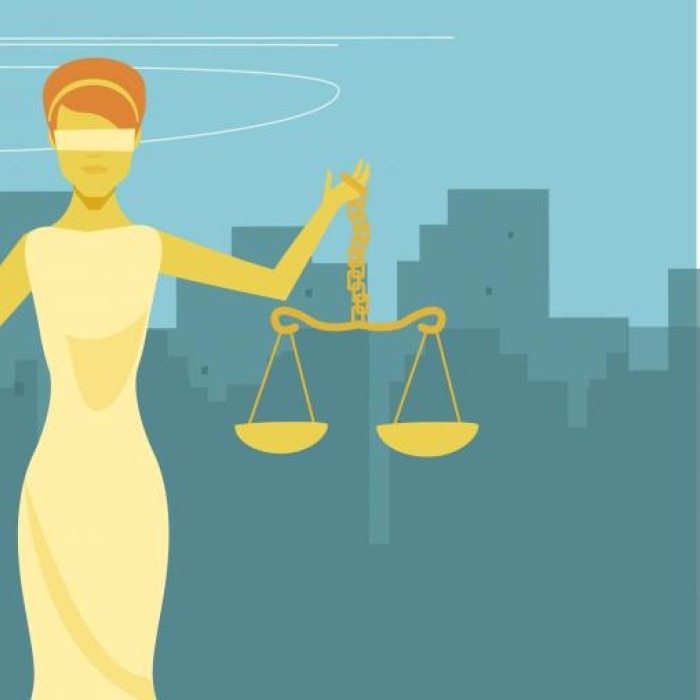In the News

CLEAR's Hellman discusses how algorithms can compound injustice and the evolution of her theory on discrimination on the podcast "Common Law." Listen here. Photo by Jesús Pino.

Listen to Gilbert discuss the role of bribery and corruption in American politics, including his thoughts on how transparency in government can cause the very corruption it aims to prevent.

Co-director Gingerich Wins Award
Gingerich's article, “Ballot Reform as Suffrage Restriction: Evidence from Brazil’s Second Republic,” won the APSA’s 2021 Luebbert Article prize for the best article in comparative politics.
Lunch Workshop: Vineet Kapoor
Dr. Kapoor’s research studies what happens to the anti-corruption ethics of police recruits as they move from the training institution to the real world of police practice. He demonstrates how the wider organizational culture predominates, and the recruits’ actions no longer reflect their espoused anti-corruption values.
LUNCH WORKSHOP: Giving Shots of Ethics? Corruption, Culture and the Context of Organizational Socialization in the Police
Corruption and institutional decay: featuring William Browder and David Gergen
William Browder, David Gergen, Shan Aman-Rana, Kara Brockmeyer, Michael Gilbert, Daniel W. Gingerich, Deborah Hellman, Philip Keefer, Stephen D. Mull, David Singerman, Sandip Sukhtankar, Sylvia Tidey
Sandip Sukhtankar: Authentication Standards and the Tradeoffs in Tackling Corruption
Democracy




